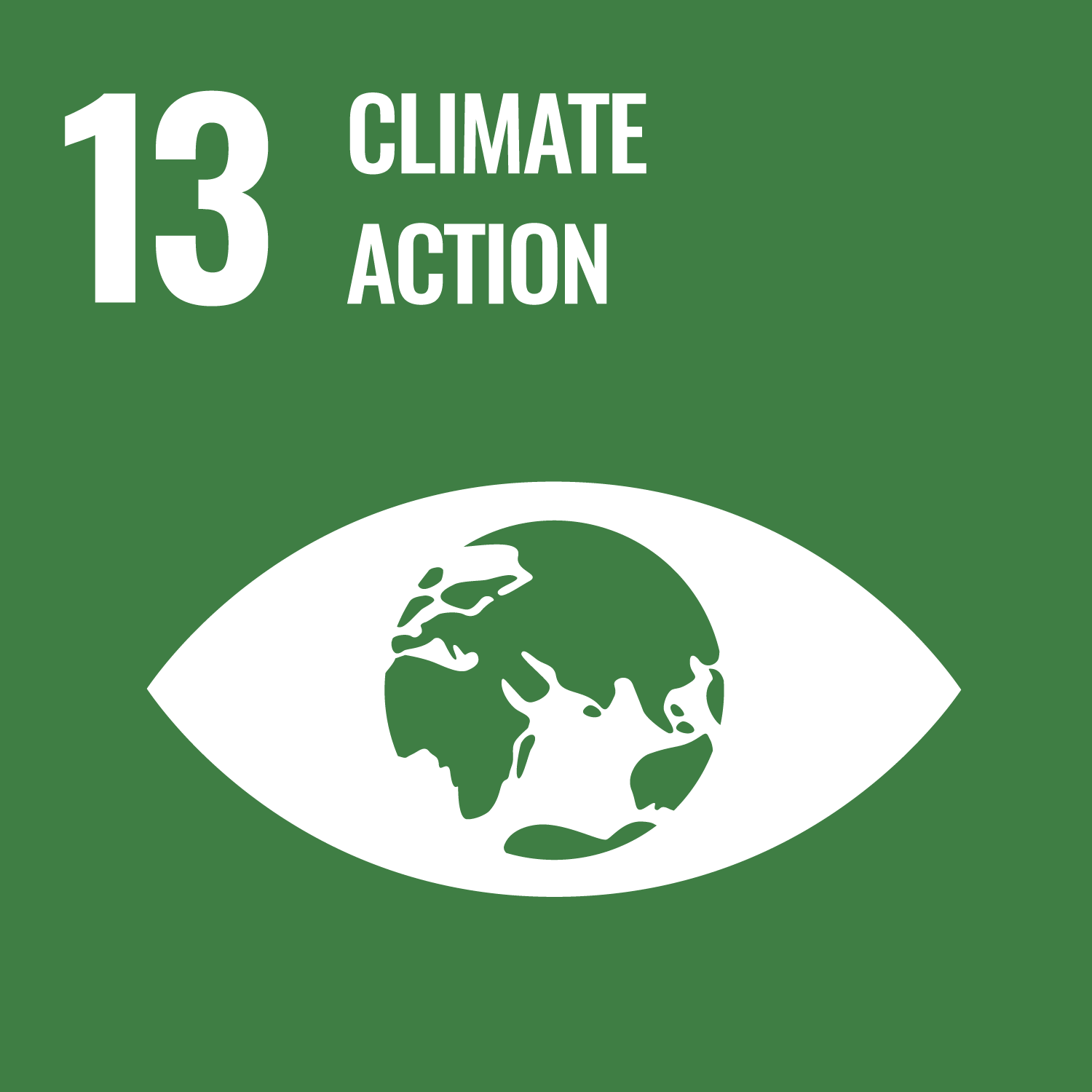Using Data Science to Predict Global Warming
New emissions scenarios and socioeconomic pathways are constructed on a regular basis. As the work on the next IPCC Assessment Report has commenced, emulation of large and complex climate models will certainly be on the research agenda. The known resource limitations of running large climate models call for efficient emulation techniques. Our study complements the existing emulation literature by addressing the task of designing efficient input scenarios for emulation. We recommend the use of uncorrelated emissions scenarios for an efficient yet accurate approximation of climate models. These uncorrelated scenarios, based on Chebyshev polynomials, display quite unrealistic emissions paths. However, the purpose of using such scenarios is purely technical—namely, to extract as much information as possible from the complex model.
Using the global temperature anomaly as a predicted response variable, we produce an econometric model—a lowdimensional system of mapping emissions to temperature levels for the twenty-first century. Our simulations confirm that the model performs well on conventional scenarios: the precision of approximation stays high under various settings of climate and carbon cycle parameters. The designed system of equations can be directly implemented in the dynamic stochastic general equilibrium models often used in macroeconomics, allowing one to study optimal policies for dealing with global warming under conditions of uncertainty in terms of social decision-making.
papers
“Statistical approximation of high-dimensional climate models”
Thomas Lontzek
with A. Miftakhova, K. Judd and K. Schmedders
Journal of Econometrics 2019


